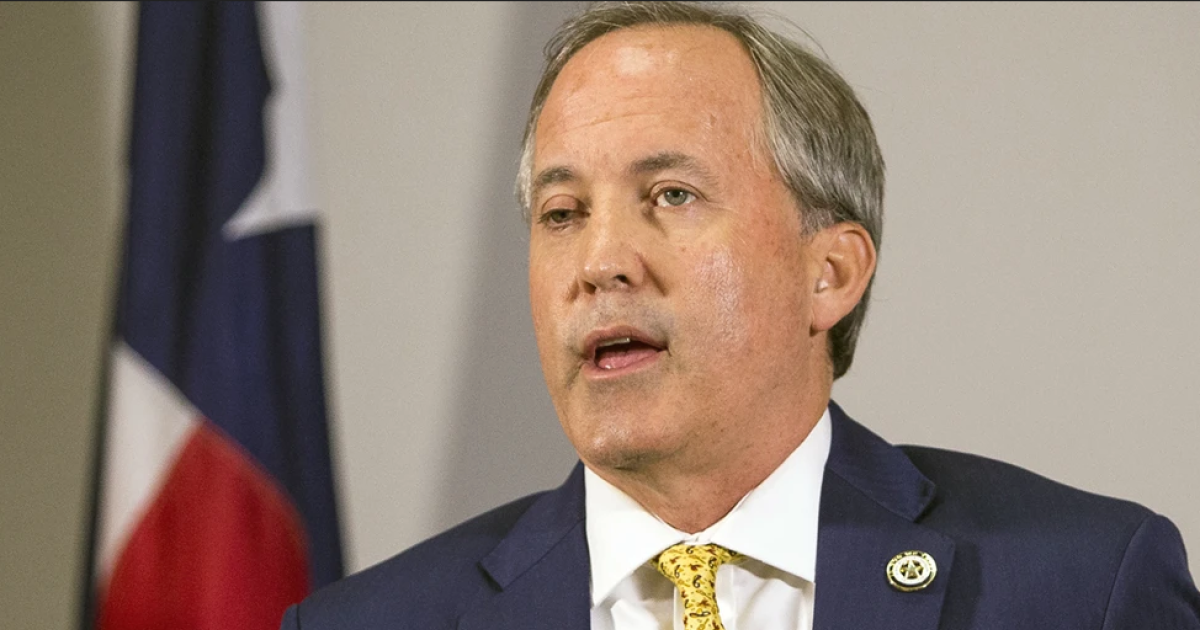Texas Attorney General Ken Paxton has agreed to a pre-trial intervention program that will result in the dismissal of state felony charges against him. The program includes Paxton completing 100 hours of community service, 15 hours of legal ethics education, and paying restitution to the victims. The agreement does not require Paxton to admit guilt, but the special prosecutors will monitor his progress every 60 days and may re-file the charges if he does not comply with the terms. Former special state prosecutor Kent Schaffer stated that this type of pre-trial intervention is common in large counties like Harris and Collin, where the charges originated.
The charges against Paxton stem from allegations of securities fraud that occurred before he was elected attorney general. He was accused of failing to disclose to investors that he was making a commission on their investments and not contributing his own money to those investments. One of the first-degree felony charges of securities fraud was dropped due to a victim’s death. The ongoing legal dispute has caused delays in the case, including Schaffer quitting last month due to unpaid fees and the current special prosecutor, Brian Wice, not commenting on the potential deal.
Paxton, who has consistently denied any wrongdoing, was impeached by the Texas House last fall but acquitted by the Texas Senate after a trial. He also faces a federal investigation and a whistleblower lawsuit filed by his former top lieutenants who were fired after reporting potential bribery allegations to the FBI. Paxton’s attorney, Dan Cogdell, has not commented on the case but is expected to address reporters after the hearing. Despite the high-profile nature of the case, Schaffer believes that Paxton, like any other individual in a similar situation, would likely be offered pre-trial diversion as a first option by a District Attorney.
The pre-trial intervention agreement reached by Paxton and the special prosecutors involves him completing community service, legal ethics education, and paying restitution to the victims without admitting guilt. The ongoing legal disputes and delays in the case have complicated the proceedings, including the resignation of a former special prosecutor due to unpaid fees. Despite facing federal investigation and whistleblower lawsuits, Paxton remains steadfast in denying any wrongdoing. The agreement reached in this case is not uncommon in similar situations in large counties like Harris and Collin, as stated by former special prosecutor Kent Schaffer.









